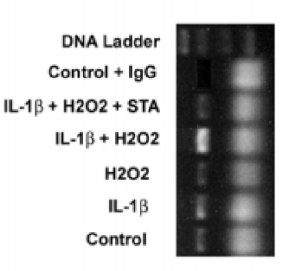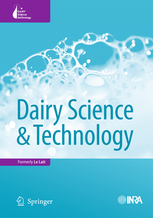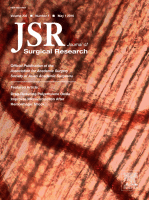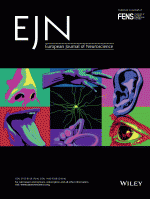 A court in the Netherlands has fined Vrije Universiteit Amsterdam (VU) 7,500 euros to compensate for “immaterial damage” to an economist accused of plagiarism.
A court in the Netherlands has fined Vrije Universiteit Amsterdam (VU) 7,500 euros to compensate for “immaterial damage” to an economist accused of plagiarism.
Karima Kourtit, a researcher at VU, has been at the receiving end of anonymous complaints to her institution accusing her of plagiarism and her professor, high-profile economist Peter Nijkamp, of duplication (i.e. self-plagiarism). Kourtit is now seeking to prosecute the unnamed source of the complaint for defamation; the VU told us it will no longer accept fully anonymous complaints.
The case began when VU cancelled Kourtit’s thesis defense for plagiarism, and a report published on the VSNU, the Association of Universities, accused Nijkamp of self-plagiarism. Two of Nijkamp’s papers have been retracted as a result of the investigation; Kourtit is an author on one of the retracted papers.
A VU spokesperson told us:
Continue reading Dutch university ordered to pay economist after she was accused of plagiarism






 A team of biologists have earned a fifth retraction for a paper containing manipulated images, following an investigation by the Swedish government.
A team of biologists have earned a fifth retraction for a paper containing manipulated images, following an investigation by the Swedish government.
